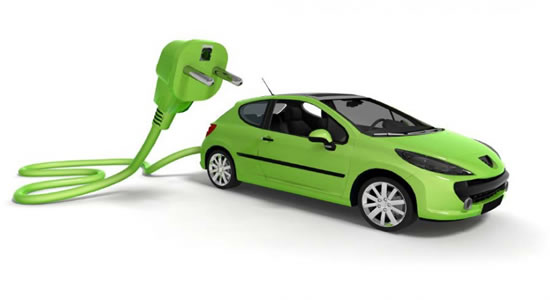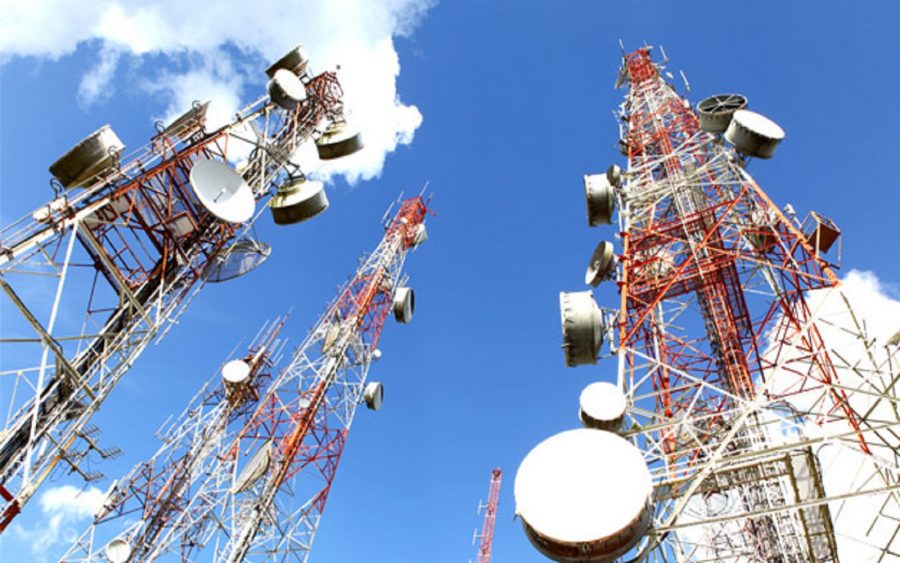Ford Motor Co. says it is ramping up investment in electric and hybrid vehicles and plans to introduce 40 by 2022, saying it will introduce 16 battery-electric cars and 24 hybrids or plug-in hybrids around the world in the next few years. Ford Motor will increase to $11 billion its investment in electrified vehicles between now and 2022. The plan more than doubles an earlier plan, announced in 2016, to spend $4.5 billion on 13 new electrified vehicles by 2020.
To help pay for the higher investment, Ford plans to divert money away from slow-selling passenger cars and use the money saved from its decision to shift production of its Focus small car to China. Reports have indicated Ford plans to discontinue its Fusion family sedan, for example, but the company has not confirmed that decision.
At the North American International Auto Show Sunday in Detroit, Ford provided few details but said the new lineup would include a hybrid version of its F-150 pickup and hinted at a high-performance electric utility, both by 2020. Ford has previously said it will electrify many of its most popular vehicles, including commercial vans and its Mustang coupe.
Ford, like other automakers that have announced big shifts toward electrification, seems undeterred by the fact that consumers haven't been buying many EVs to date. Battery electric vehicles (BEVs) like the Chevrolet Bolt, Nissan Leaf and Tesla Model S represent only about one-half of 1 percent of the U.S. market. Hybrids and plug-in hybrids are less than 3 percent. Instead, buyers have been gravitating toward traditional pickup trucks and SUVs.
Ford executives are betting that more relevant models, with longer range and lower prices, along with the availability of more charging stations, will steer consumers toward cars that run on electricity rather than gasoline.
"We're expecting more customer acceptance," said Joe Hinrichs, Ford's president of Global Operations, saying that by 2030, Ford expects more than half its lineup to be electrified. Though he didn't say when, Hinrichs added: "We certainly can see the day when internal combustion engines go away."
Boston Consulting Group agrees that the tipping point for electrified vehicles is in sight. For the next few years, internal combustion engines will continue to dominate, but falling battery prices and more miles per vehicle because of shared mobility will drive down the total cost of ownership and accelerate the transition, BCG says.
Of course, government emissions regulations are a big reason automakers are moving toward cleaner, electrified vehicles. The secret to winning consumer acceptance, Hinrichs said, is not building weird-looking "compliance cars" but rather to use electrification to make popular vehicles even better. "We're not talking about a special kind of vehicle, but making a vehicle more special."
Ford's $11 billion spending plan includes its previously announced joint venture with China’s Anhui Zotye Automobile to introduce a new family of small all-electric vehicles for the Chinese market.
Other automakers, including Volvo, Jaguar-Land Rover, Volkswagen and General Motors, have also announced big investments in electrification. Last year, GM announced plans to add 20 new battery electric and fuel cell vehicles to its global lineup by 2023. GM Chief Executive Mary Barra has vowed the Detroit automaker will make money selling electric cars by 2021.



















